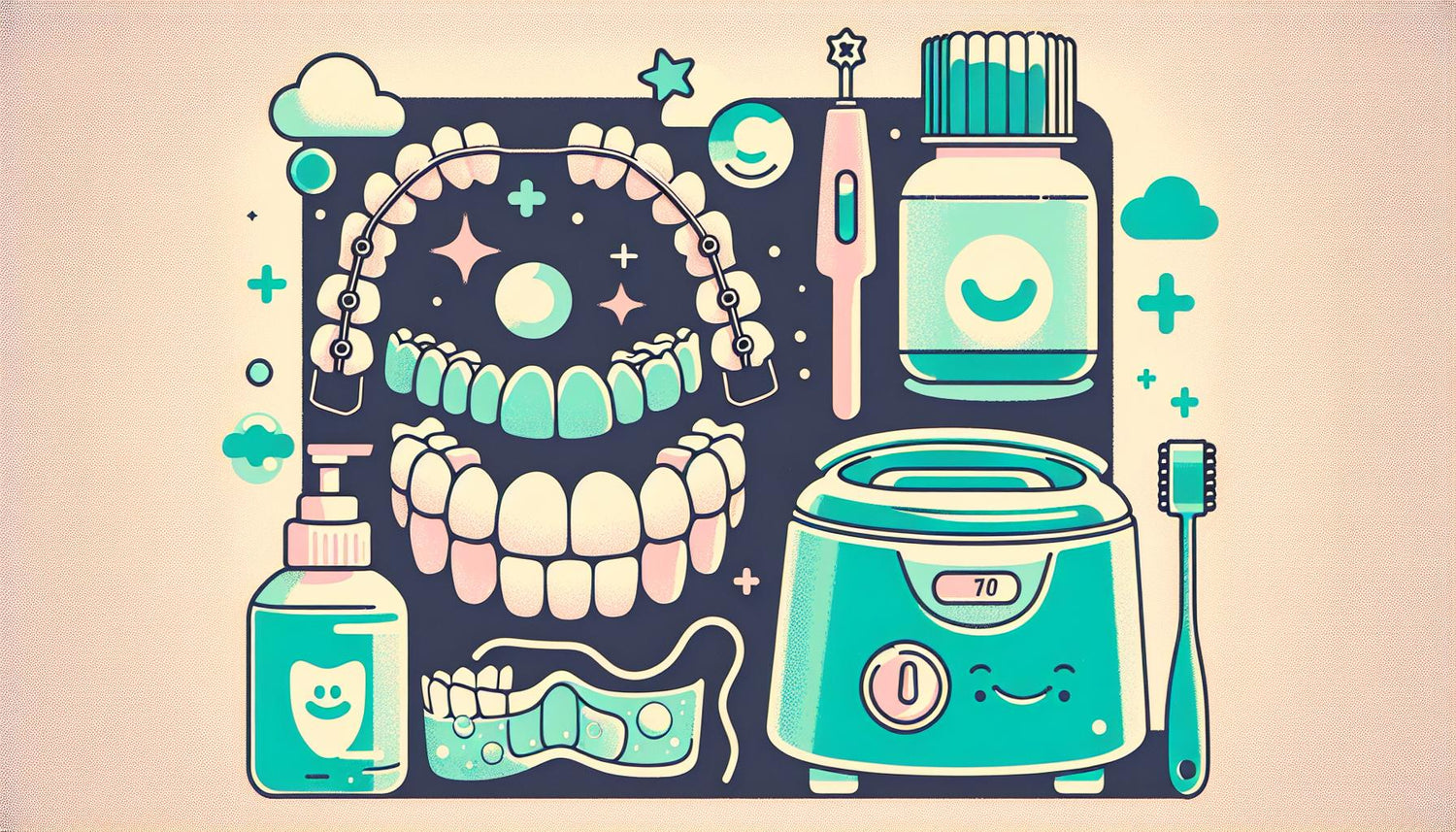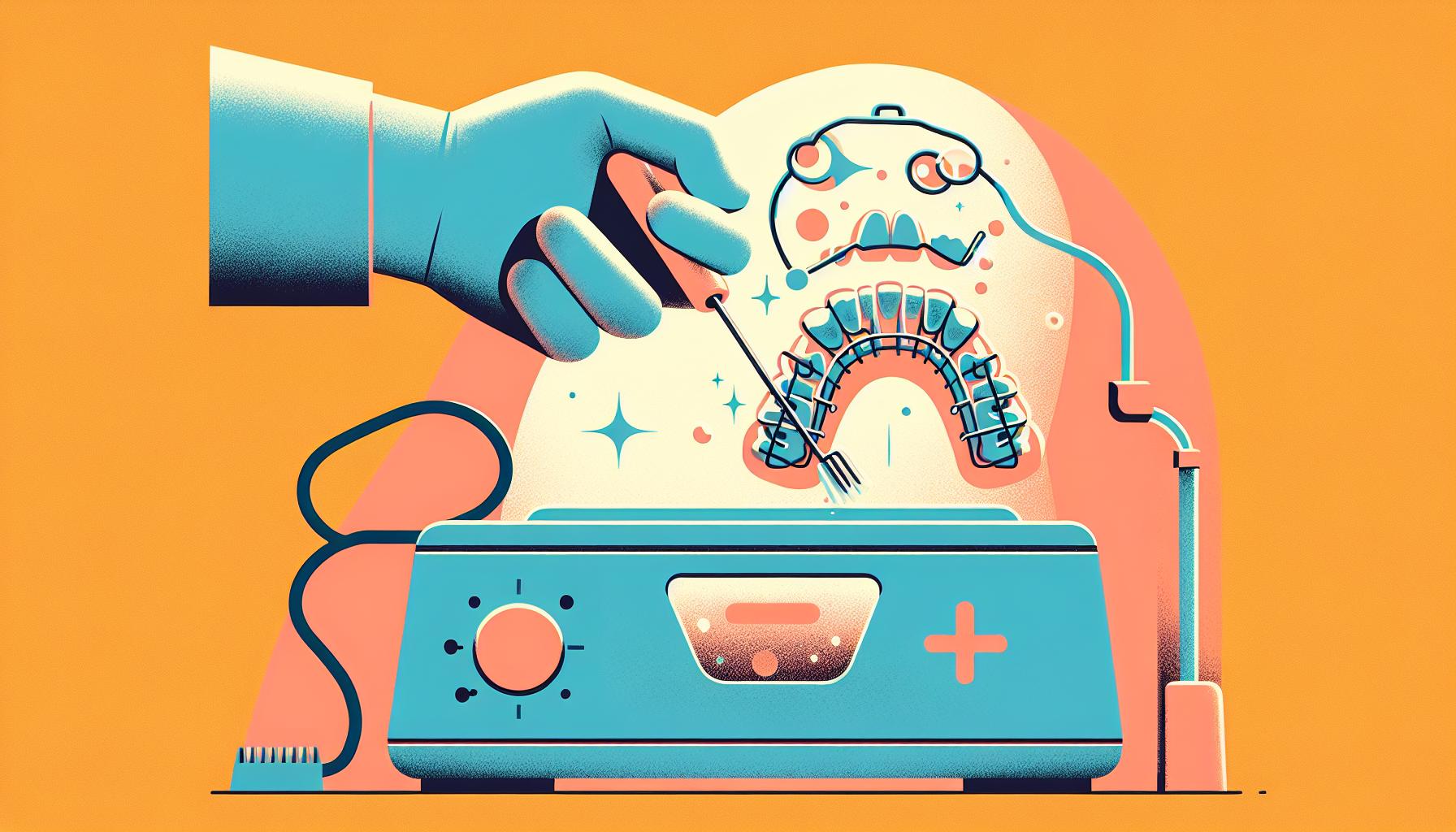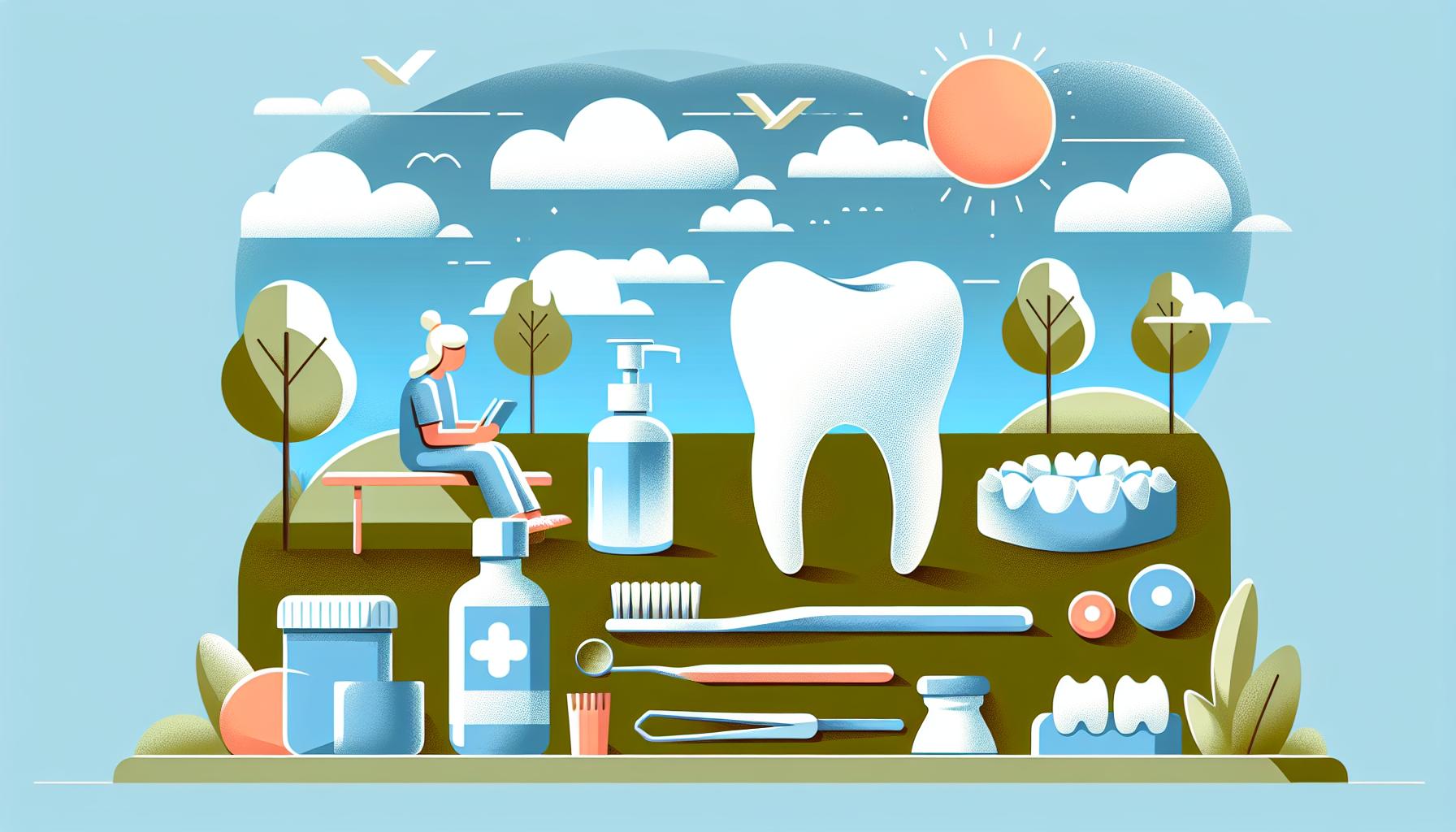Why Clean Your Retainers?
Keeping your dental retainers clean is crucial for several reasons:
- Oral Health: Failure to clean retainers can lead to gum disease, cavities, and other oral health issues.
- Elimination of Bad Odors: Food particles and bacteria trapped in retainers can cause bad breath.
- Maintaining Retainer Integrity: Regular cleaning can prolong the lifespan of your retainers and prevent discoloration.
How Often Should You Clean Your Retainers?
Ideally, retainers should be cleaned daily. After eating or drinking, it's important to rinse them thoroughly. Additionally, a deeper clean should be performed at least once a week using your preferred method.
Step-by-Step Cleaning Methods
1. Manual Brushing
Pros:
- Simple and cost-effective.
- Allows thorough cleaning of each surface.
Cons:
- May not remove all buildup, particularly in hard-to-reach areas.
- Requires regular replacement of toothbrushes to avoid bacteria.
How to do it:
- Use a soft-bristled toothbrush and non-abrasive toothpaste (avoid whitening formulas).
- Hold your retainer under lukewarm water (not hot, as it may warp).
- Gently brush all surfaces of the retainer, paying special attention to areas with visible debris.
- Rinse thoroughly under warm water.
2. Soaking Solutions
Pros:
- Effective at loosening plaque and odors.
- Allows you to clean multiple retainers at once.
Cons:
- Some solutions can be too abrasive for specific retainer materials.
- Chemicals in some solutions might irritate sensitive gums.
How to do it:
- Prepare a solution using either retainer cleaner tablets, a mixture of vinegar and water, or a baking soda paste.
- Submerge your retainer in the solution for 15-30 minutes.
- After soaking, use a soft toothbrush to scrub away any remaining debris.
- Rinse thoroughly with lukewarm water.
3. Ultrasonic Cleaning
Pros:
- Deep cleaning action that reaches every intricate surface.
- Gentle on retainers, ensuring they are not damaged.
- Efficient and requires minimal effort.
Cons:
- More expensive than manual methods or soaking solutions.
- Requires access to electricity and a compatible ultrasonic cleaner.
How to do it:
- Fill an ultrasonic cleaner with water and add a specialized cleaning solution (optional).
- Place your retainer into the basket of the ultrasonic cleaner.
- Turn on the device and allow it to clean for the recommended duration (usually around 5-10 minutes).
- Rinse your retainer with water after cleaning.
Why Ultrasonic Cleaning is the Most Effective
Ultrasonic cleaning technology utilizes high-frequency sound waves to create millions of tiny bubbles that implode upon contact with the surfaces of the retainer. This process, known as cavitation, effectively dislodges plaque, bacteria, and debris from intricate details of the retainer that brushing alone might miss. This method not only enhances cleanliness but also reduces the wear of the materials over time.
Expert Tips for Retainer Maintenance
- Avoid Hot Water: Always clean retainers with lukewarm water to prevent warping.
- Never Use Mouthwash: Standard mouthwash can damage retainers due to its high alcohol or sugar content.
- Store Properly: Use a ventilated container to allow air circulation and prevent bacteria buildup when not in use.
- Regular Check-Ups: Schedule routine visits to your dentist to ensure your retainers are in good condition.
Conclusion
If you are serious about maintaining your dental health and the longevity of your retainers, investing in an ultrasonic cleaner is highly recommended. These devices not only provide the best cleaning results but also save you time and effort compared to traditional methods.
Recommendation
For ease of use and effectiveness, we recommend Hello Bright ultrasonic cleaner, which is specially designed for dental appliances and guarantees thorough cleaning. With this tool in your arsenal, you'll ensure your dental retainers remain clean and odor-free with minimal hassle.
By following the steps outlined in this comprehensive guide, you'll ensure that your retainers stay in the best condition possible, benefitting your overall oral health in the long run.


